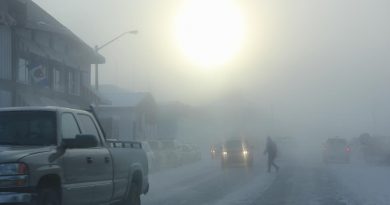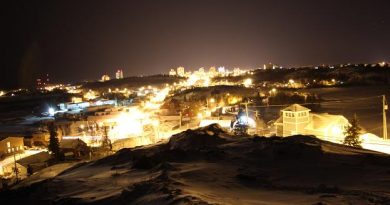Forget polar bears for a moment, how are reindeer coping with climate change?
 Polar bears have become a global symbol of climate change in the Arctic.
Polar bears have become a global symbol of climate change in the Arctic.
Countless news reports and academic studies have examined how the retreating sea ice will affect polar bear habitat and hunting.
But what about other Arctic wildlife? How is climate change affecting them?
A recent study out of Norway and published in Biology Letters puts the focus on reindeer for a change.
Reindeer are still central to the life and culture of the indigenous Sami people in northern Scandinavia, Finland and northwestern Russia.
The study was conducted in Svalbard, a group of Norwegian islands in the Arctic Ocean.
The findings suggest that increased winter rain is having a negative effect on the animals, particularly in relation to population size.
You can read more on just how here and here.
Write to Eilís Quinn at eilis.quinn(at)cbc.ca


